

Getting a great sleep in a hotel is possible if you can transform your room into a personal sanctuary that encourages you to get a full eight hours of sleep, including the all-important cycle of deep REM (Rapid Eye Movement) sleep that helps your body and mind repair themselves. REM is just one of five very important stages of sleep that must be repeated five or more times a night in order for you to remain healthy. Routine is very much part of maintaining these cycles, but sleeping in a strange bed can disrupt sleep cycles. REM sleep Trusted Source Sleep helps to repair damaged DNA in neurons, scientists find | Genetics | The Guardian Chromosomes’ movement when the brain is resting allows cells to mend DNA. www.theguardian.com also has the special job of repairing our damaged DNA. Our research suggests bringing a favorite pillow, earplugs, or a sleep mask to have a better sleep in a hotel.
Some people are blessed with the ability to drop off into dreamland no matter where they decide to lay down their head, but that is not the majority for us. Most people are affected by the room’s temperature, noise, and smells, like tobacco smoke. These are factors that are somewhat within your control, but not always. One factor that is completely out of your control is the firmness of your hotel mattress. Most hotel beds have a medium firmness level that suits most people but might be too firm for someone under 130 pounds or too soft for someone over 230 pounds. Sometimes you can consult with the hotel management to find out if they have a way of supplying you with a firmer or softer mattress. Yet another factor that can put you off has to do with the familiarity of the bed. If you are used to sleeping in a double bed and are suddenly in a single bed, it may feel unfamiliar to you, and your brain may respond by alerting you to stay awake.
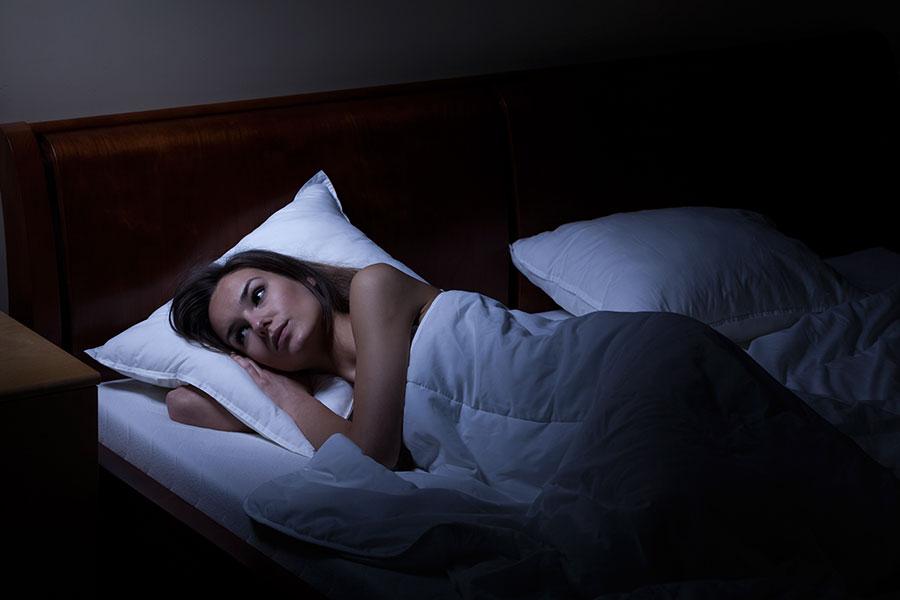
You might have made your hotel suite as dark, comfortable, and cool as possible and still have trouble falling asleep. This is mostly due to traveling being so exciting, your cortisol levels are up, you may have jet lag, and your mind may be busy planning the next day’s events. The first night effect Trusted Source First night effect on polysomnographic sleep bruxism diagnosis varies among young subjects with different degrees of rhythmic masticatory muscle activity - PubMed This study investigated the first night effect on the polysomnographic diagnosis of sleep bruxism (SB). pubmed.ncbi.nlm.nih.gov can have you fussing and fidgeting and tossing and turning, causing you to experience an all-over shorter sleep time, which of course, means less rejuvenating REM sleep. This can have you feeling tired and irritable the next day. However, the good news is that once your mind is familiarized with your surroundings, you are more likely to get better sleep on the second night. In this informative article, you can learn more about how much deep sleep is enough for you to have enough stamina and well-being to get through your day.
The First Night effect that you experience when sleeping in a strange bed might result from increased activity in the left hemisphere of the brain, which goes dormant when you are sleeping in an unfamiliar place. Your survival mechanisms kick in and keep you overly alert. You are more likely to wake up quickly if you hear a noise or subconsciously interpret any little light movement or unfamiliar sound as a threat. This has the result of disrupting your sleep cycle as you must go through three sleep cycles to get to the healing stage 4 REM cycle that allows you to heal and dream.
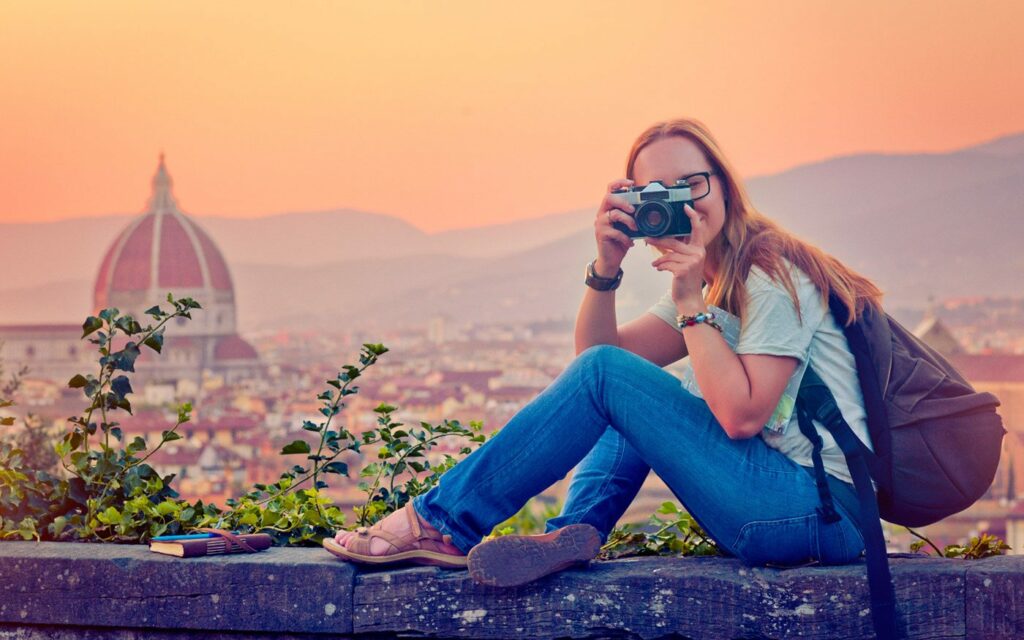
Some people have trouble sleeping in a hotel because they have been running around all day, traveling on a plane or train, seeing the sights, or attending conferences or big business meetings. The brain keeps active long after bedtime, reviewing the day’s events, reliving the highlights, and imagining what tomorrow might be like. Many people also tend to eat off-schedule when they are traveling, and they also tend to eat more saturated fat, caffeine, and sugar, which altogether affect their sleep Trusted Source How What You Eat Affects Your Sleep Experts say what and when you eat all day long definitely affects how well you sleep at night. www.nbcnews.com . Unhealthy food choices can affect the neurotransmitters in your brain, as your body is focused on digestion and not on drifting into restorative sleep.
Getting better sleep in a hotel starts at the point of booking the room. Make sure that your room is not near a major road, parking lot, party room, garbage chutes, over a swimming pool, or over a busy bar or patio. Phone when you make the booking to make sure that the room is non-smoking and ask questions about allowed drug use and the hotel room’s history of smoking and noise. Most hotels are more than happy to tell you which room or suite is the quietest in the building. If you do happen to land a great room in a hotel, you might be sleeping like a baby because the bed is so great. This article about luxury beds can help you replicate your comfortable hotel experience by getting a much better mattress and comfortable, high-quality pillows and linens.
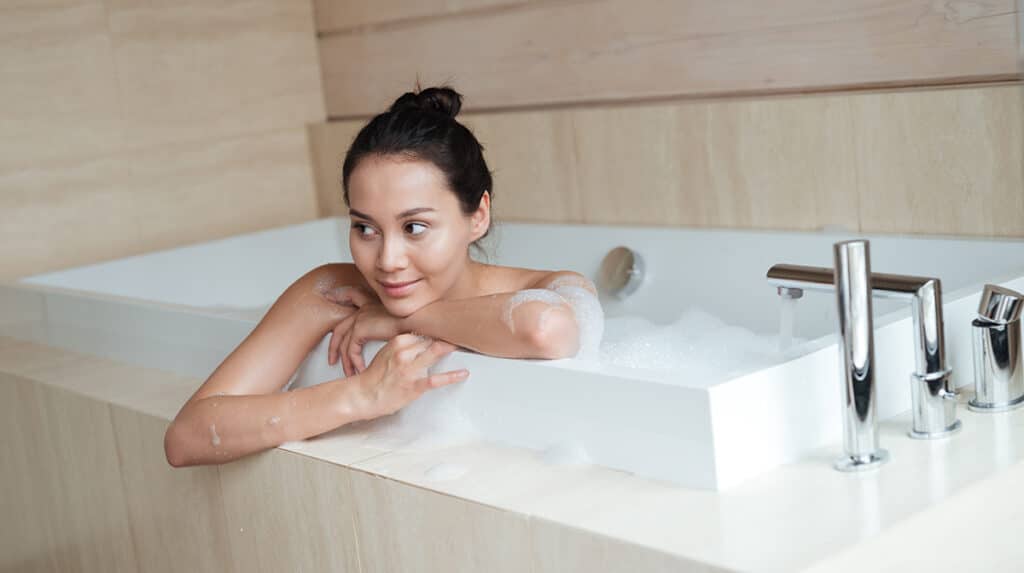
It really helps to follow your regular bedtime routine before you go to sleep in your hotel room. For instance, if you fall asleep with the television or radio on, do the same in the hotel. If you are used to falling asleep by reading, then be sure to do that. If you take chamomile tea or have a favorite pair of pajamas, bring those too. However, before you travel, it is a good idea to develop a regular routine that adheres to sleep hygiene rules. This means getting up and going to bed simultaneously you usually do, brushing your teeth before you go to bed, taking a warm bath, staying away from social media, and limiting your alcohol, coffee, tea, and cigarettes intake. If there are any clocks in the room, keep them at a distance far away from you, so you don’t have to watch the hours tick by if you do happen to have trouble falling asleep.
Reducing the light in your room by closing the shades and curtains and turning off the television set and all computers can help you fall asleep. To completely block out all the light, consider investing in a night mask. Simply Bamboo Organic Bamboo makes a bamboo sleep mask that is light-weight, breathable, hygienic, and easy to pack, and it only costs about $20.00.
If you are sensitive to noise, consider bringing noise-canceling headphones or earphones to help you ignore any activity outside, in the hallway, or other rooms. Some people find respite from noise by plugging in a white noise machine to mask disruptive noise. If that doesn’t work, you can find music. To help fall asleep online, you can play on your phone that will help drown out any noise.
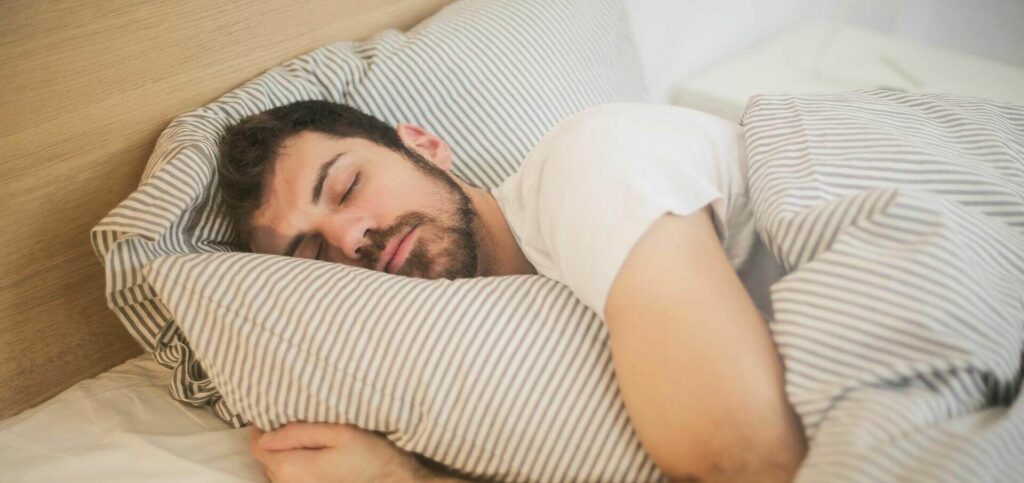
If you have a favorite blanket or pillow, then be sure to bring it with you if there is room in your suitcase. If you are looking for an affordable portable pillow that supports the neck while at the same time keeping you cool, the Nolah Squishy Pillow might work for you. As it is not overly large, this foam pillow can squish it into your suitcase and take it out to make your bed more comfortable. You can also use this pillow to support your back or knees in case you end up with an uncomfortable mattress.
The best temperature for sleep is approximately 65 degrees Fahrenheit (18.3 degrees Celsius). This may vary by a few degrees from person to person, but most doctors recommend keeping the thermostat set between 60 to 67 degrees Fahrenheit (15.6 to 19.4 degrees Celsius) for the most restful sleep. Most hotel rooms have a thermostat that can help you adjust the room’s temperature. If not, you can ask the hotel concierge to adjust the temperature of the room, or you can open a window or turn on an air conditioner to make the room cooler
If falling asleep for you means feeling more at home, it is easy to customize your room with certain favorite objects. Bring your favorite blanket or your own familiar sheets or linens. Drape a favorite scarf over lampshades and use a portable aromatherapy unit to bring a sweet smell to the room. Simply spraying essential oils or a bit of your favorite scent on the sheets might also make the room feel more personal, as might a comforting object from home as a weighted blanket, heating pad, or favorite teddy bear
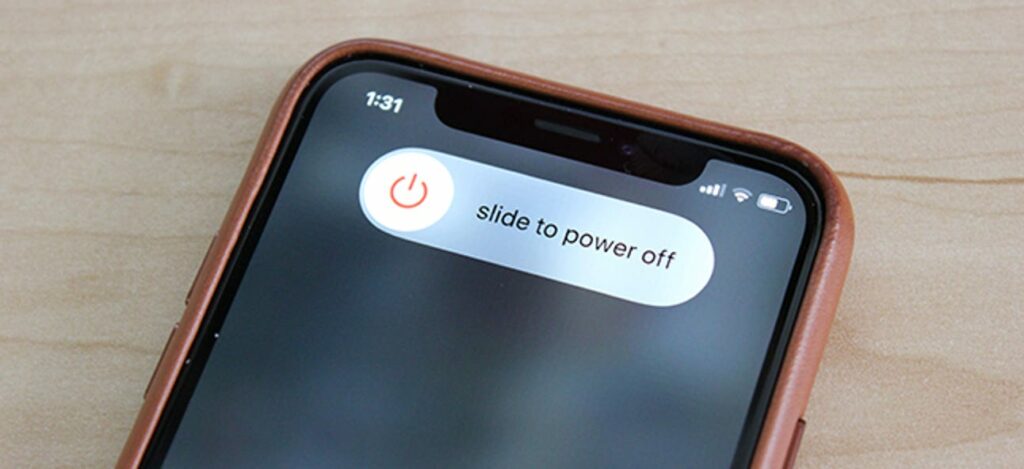
There is some medical research that suggests that extremely low-frequency electromagnetic fields can affect the quality of your sleep, so it is a good idea to turn off your cell phone, computer, and television before you go to sleep. It is also a great idea to place radios, digital clocks, and plug-in pest control items far from your bed to ensure you get better rest.
It seems to be that the best way to secure a great night’s sleep when staying at a hotel is to call the hotel and make sure that it is in a location far from noise, smoke, and anything else that might disturb your sleep. You can also ask the hotel if they are able to provide you with a suitable softer or mattress if you are unable to deal with the type of mattress that comes with the room. Take items with you that might deodorize or personalize a room and invest in a good sleep mask or squishy pillow. Turn off all distractions, close the shades and turn the temperature down. Now that you know how to sleep in a hotel without disturbing your crucial REM sleep patterns, you can wake up refreshed, be at your very best, and up for anything on the second day of your trip.